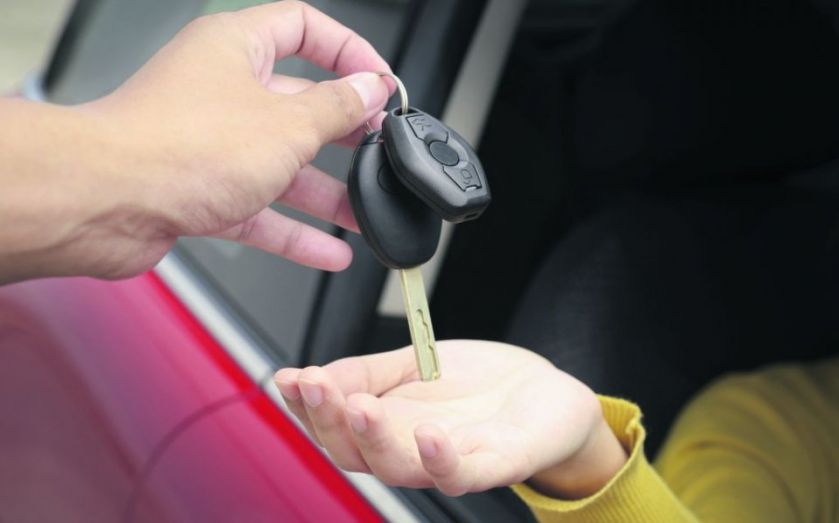DVLA changes to complicate car hire rules: Counterpart driving licences are being abolished and renters must register online

Hiring a car abroad can be a hassle – with costs, paperwork, forward planning and strange roads to be taken into consideration. But alongside cutting costs, drivers should also be aware of the DVLA’s changes around driving licences.
The burden of carrying a paper counterpart driving licence when hiring a car abroad will be removed from next week – but there will be new complications.
ONLINE RECORDS
Paper driving licences are being abolished, and a new online driving licence database is being launched. The Share Driving Licence website will formally launch on 8 June and will house all the details which cannot fit onto the photocard part of the licence.
This includes information pertinent to hiring a car, such as penalty points accrued and which vehicles the licence holder is entitled to drive.
For anyone planning to hire a car in the UK or abroad this summer, the hassle of remembering the counterpart licence alongside a passport and credit card will be replaced with a new imperative: registering online before hiring the car.
The government is set to save around £8m from not having to issue paper counterparts any more. However, awareness of the new rules seems low – as nearly three in four drivers have no idea they need to do this, according to research from money.co.uk.
HOW IT WORKS
Before setting off to the airport, drivers should log on to the Share Driving Licence website and input their driving licence number, the postcode to which the licence is registered, and national insurance number.
This will generate a unique code, which should be jotted down and kept somewhere safe. You can also download an electronic version of your driving record, to print out and take with you. When arriving at the car hire kiosk, drivers should present the code, which will give the rental company access to their online record. Even if the car hire company is one you regularly use, and does not normally ask to see the counterpart, get an access code anyway.
Crucially, the unique code is only valid for 72 hours. The code will not work after this window expires, so if you are planning to hire a car at a later stage, say after a few days’ rest, you will have to go online while abroad to register and generate this access code.
THINKING AHEAD
Awareness of the rules among local staff at hire companies overseas is likely to take a while to bed in. So while the government is advising paper counterparts should be destroyed after 8 June, and they will have no legal status after that date, if you are likely to be driving abroad this summer it is a good idea to keep hold of it.
You may still be required to show it overseas – perhaps even by roadside police – and it is not worth the hassle of leaving it behind.
All in all, the things you will need to bring on holiday are the photocard and counterpart driving licence, alongside your national insurance number, a photocopy of your passport and the special code from the Share Driving Licence website.
KEEPING COSTS DOWN
The costs of hiring a car can vary enormously between companies. Comparing prices manually is a minefield as there are so many variables to consider from car type and mileage allowance, to fuel charges.
There are a number of price comparison sites which can screen for preferences, and since each of these tends to cover different hire companies it is best to quickly check all. The top three are TravelSupermarket, Kayak’s and CarRental.
Booking a car well in advance is crucial to keep the cost under control. Hiring on arrival can cost twice as much as booking a month in advance. Petrol prices are another factor to consider, as some hire companies ask for payment for a full tank of fuel on taking the car, but do not offer refunds for any unused fuel.
Comparison website Enjoy Car Hire only offers quotes for hire companies which charge for the fuel you use.